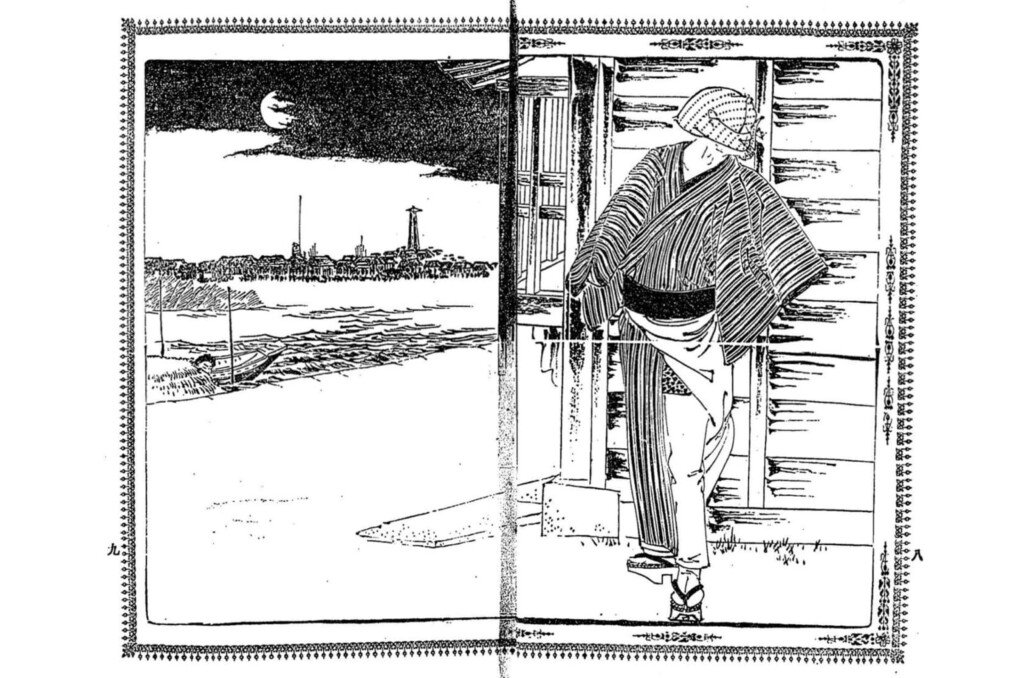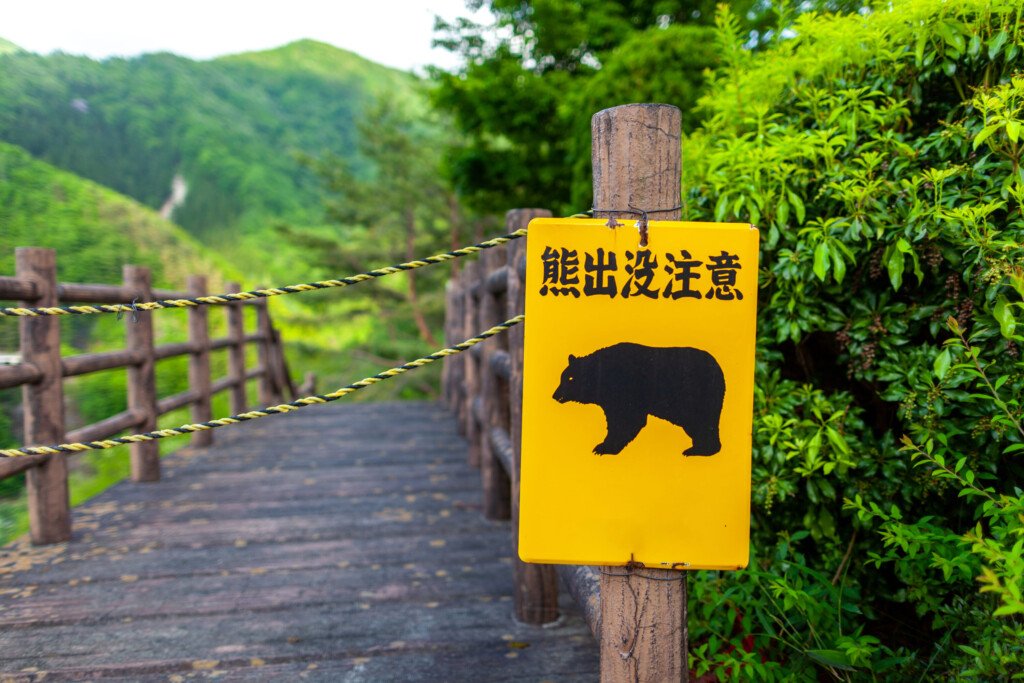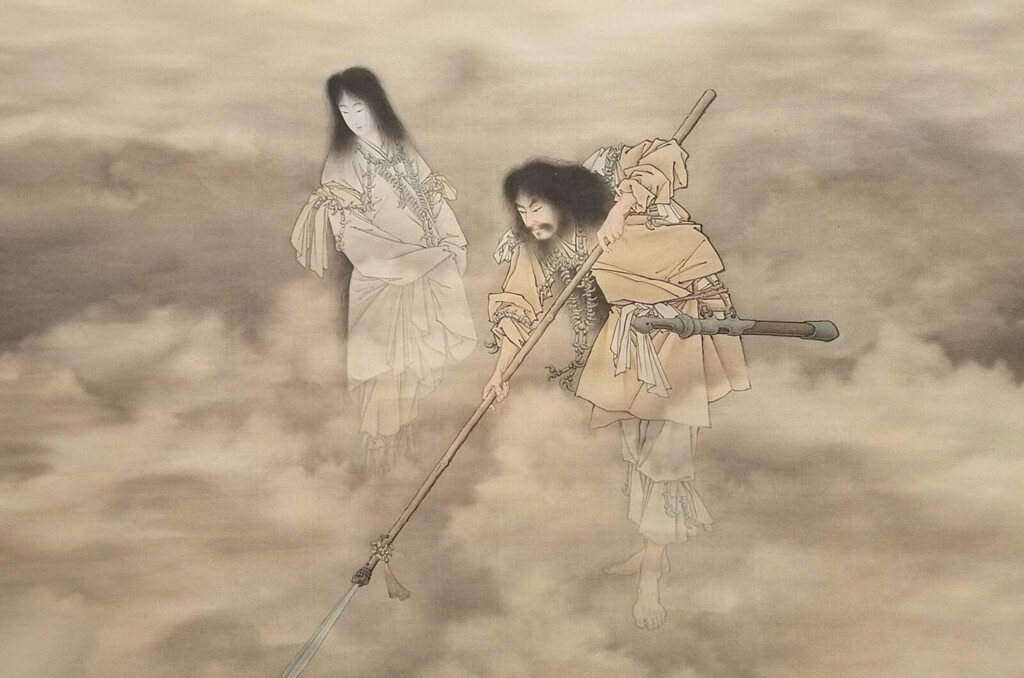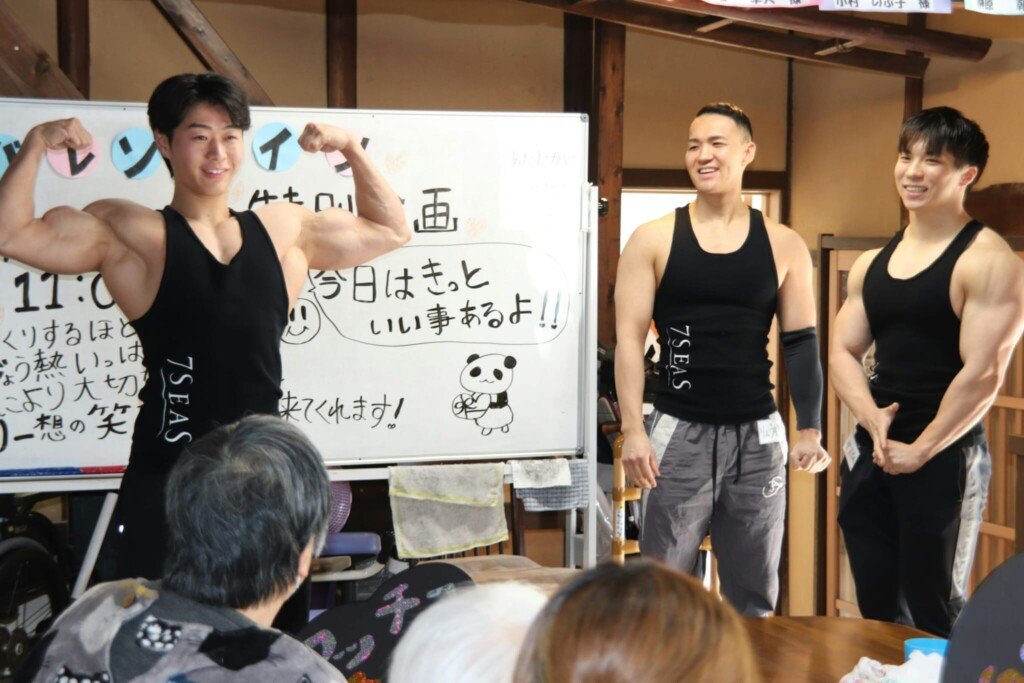Japan’s decades-long vaccine hesitancy
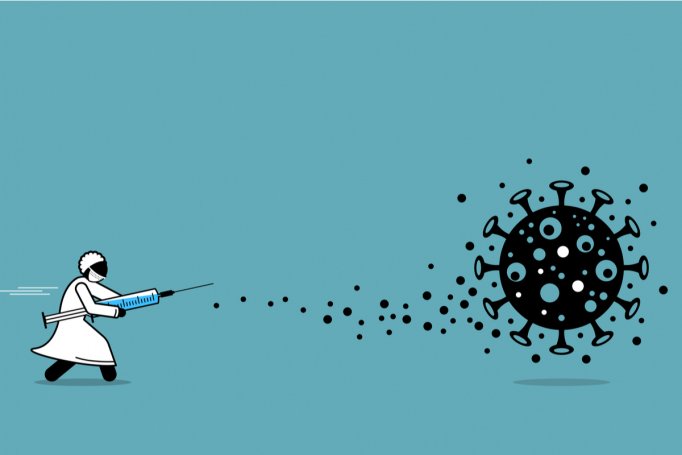
On September 27, Ariake, Tokyo became the stage for large-scale anti-vaccination demonstrations. This is a stark departure from the orderly public discourse that is typical of Japan. Even more unusually, there are rumors that young participants will be paid 10,000 yen to attend the rally.
Hundreds of people gathered at Tokyo Rinkai Disaster Prevention Park. However, the atmosphere was far from unified. While some participants sat attentively near the stage wearing anti-vaccine T-shirts, others, especially in the younger crowd, milled around casually scrolling on their phones, seemingly uninterested in the protest itself.
Several participants, including high school students, reportedly saw posts on social media promoting the demonstrations as “high-paying part-time jobs” that offered 10,000 yuan for just 90 minutes of participation. Others were invited to join online group chats and promised cash in exchange for exaggerating event attendance.
Some received the advertised bonus, with participants directed into the park, having their photo taken to verify attendance, and then receiving a 10,000 yen reward. However, confusion persisted and others left empty-handed, confronted by event staff who denied any payment was involved. Staff held up “No Pay to Attend” signs, while rumors spread among the crowd that gangs were involved in organizing the event.
While the spectacle drew attention, it also reflected a deeper problem: Japan’s longstanding vaccine hesitancy. This skepticism is not new and has been evolving for decades, with roots in public health controversies and cultural attitudes that continue to shape Japan’s approach to vaccination.
A history of distrust
Japan’s distrust of vaccines dates back to the 1990s, when the government introduced the MMR (measles, mumps and rubella) vaccine. Reports of adverse side effects, including aseptic meningitis and autism, prompted widespread public outrage and lawsuits. Although later studies debunked some of the concerns, the damage was done. Public trust in the government’s vaccination program has been undermined, and Japan has withdrawn from its aggressive vaccination campaign.
Another case of vaccine distrust in Japan involves the human papillomavirus (HPV) vaccine. The HPV vaccine was first introduced in 2011 to an optimistic reception, with vaccination rates as high as 70%. However, soon after its introduction, reports of its side effects, such as chronic pain, cramps and even paralysis, began to appear in the media. Television shows and newspapers amplified these stories, portraying them as side effects of the vaccines.
In 2013, Japan’s Ministry of Health, Labor and Welfare (MHLW) decided to stop actively recommending the vaccine, although it remains part of the routine immunization schedule. The decision was interpreted by the public as an admission of the dangers of the vaccine, leading to a drop in vaccination rates plunged below 1% By 2020.
Over the next few years, Japan took a uniquely cautious stance on vaccines. The country’s regulatory process has become painfully slow, with new vaccines facing lengthy approval deadlines. This caution is not entirely unjustified—public health officials want to ensure safety first. But this approach also perpetuates the public perception that vaccines are risky or unnecessary.
The knock-on effect of these past events has influenced Japan’s current vaccine policy, with even key vaccines like the mumps vaccine being banned. Not part of the routine immunization schedule. Although the MMR vaccine has become a standard part of public health policy in many countries, Japan still prefers separate vaccinations for measles and rubella and does not have a national immunization program for mumps.
cultural and social factors
Japan’s reluctance to be vaccinated is not purely based on historical controversy. Deeply held cultural beliefs play an important role. There is a strong emphasis on holistic health and natural remedies, which many believe are safer than medical interventions such as vaccines. This belief is compounded by society’s general tendency to avoid risks and a collective aversion to what is considered unnatural.
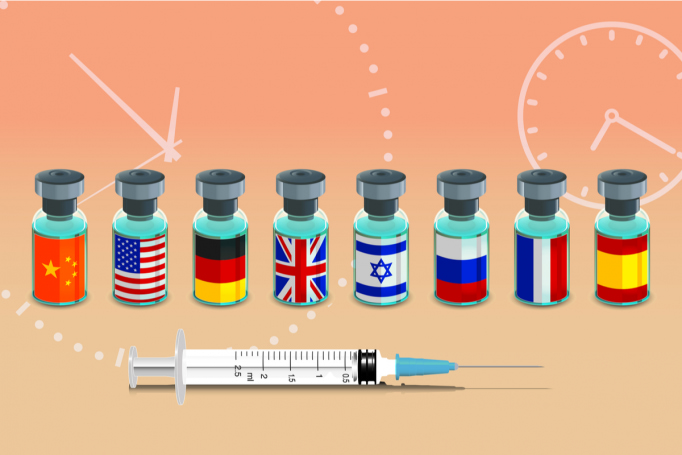
growing public health problem
The Japanese government’s conservative approach to health policy reinforces these cultural tendencies. Vaccine rollouts have tended to be slow and cautious, in stark contrast to other developed countries. Japan’s vaccine rollout has lagged even amid the COVID-19 pandemic, with the public largely accepting delays in distribution due to deep-seated distrust in the vaccine’s safety.
Recent anti-vaccination demonstrations and the involvement of younger participants point to a new dimension of the issue: the potential mobilization of younger generations, who may not remember the MMR vaccine controversy but are still influenced by the cultural and social attitudes surrounding vaccination.
Vaccine hesitancy in Japan remains a significant public health challenge. As other countries continue to implement widespread vaccination programs, Japan’s slow rollout could have long-term consequences for its public health situation. How governments and society respond to the growing anti-vaccination movement will be key to understanding the future of vaccine acceptance in Japan.
It’s clear the demonstrations are just the latest sign of deeper problems. Understanding why Japan remains so vaccine-hesitant requires looking at the layers of history, culture and policy that shape the country’s public health approach.


 Anal Beads
Anal Beads Anal Vibrators
Anal Vibrators Butt Plugs
Butt Plugs Prostate Massagers
Prostate Massagers
 Alien Dildos
Alien Dildos Realistic Dildos
Realistic Dildos
 Kegel Exercisers & Balls
Kegel Exercisers & Balls Classic Vibrating Eggs
Classic Vibrating Eggs Remote Vibrating Eggs
Remote Vibrating Eggs Vibrating Bullets
Vibrating Bullets
 Bullet Vibrators
Bullet Vibrators Classic Vibrators
Classic Vibrators Clitoral Vibrators
Clitoral Vibrators G-Spot Vibrators
G-Spot Vibrators Massage Wand Vibrators
Massage Wand Vibrators Rabbit Vibrators
Rabbit Vibrators Remote Vibrators
Remote Vibrators
 Pocket Stroker & Pussy Masturbators
Pocket Stroker & Pussy Masturbators Vibrating Masturbators
Vibrating Masturbators
 Cock Rings
Cock Rings Penis Pumps
Penis Pumps
 Wearable Vibrators
Wearable Vibrators Blindfolds, Masks & Gags
Blindfolds, Masks & Gags Bondage Kits
Bondage Kits Bondage Wear & Fetish Clothing
Bondage Wear & Fetish Clothing Restraints & Handcuffs
Restraints & Handcuffs Sex Swings
Sex Swings Ticklers, Paddles & Whips
Ticklers, Paddles & Whips








